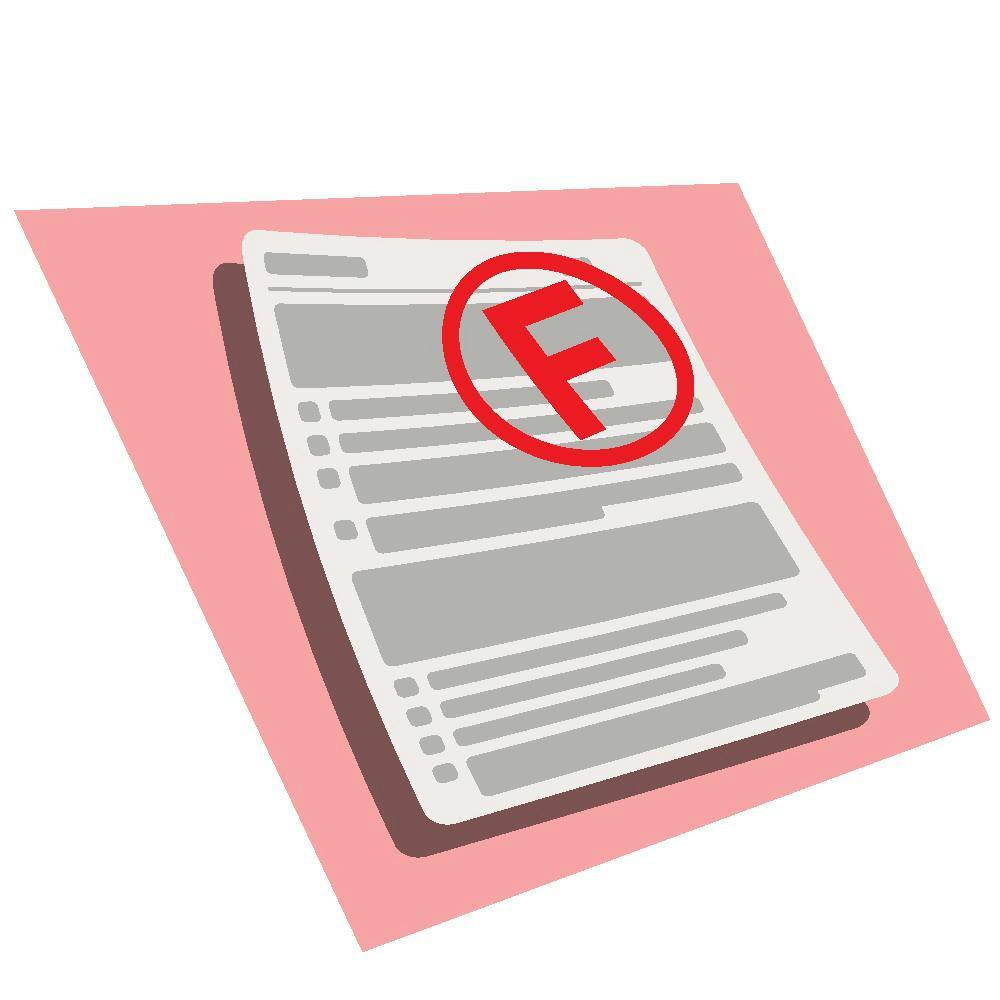The purpose of a college course is to assess a student's competence in its subject matter. Professors have the freedom to choose how they go about doing this, and they often take great pains — at least in my experience — to promote their students’ success. They may provide weekly homework assignments to ensure no one falls behind, distribute study guides to reduce workload or even give pop quizzes so that students are obligated to review classroom material consistently.
While the latter is done with good intentions, it is unnecessarily demanding and offers little practical benefit. College students are, for the most part, semi-mature adults who work according to a schedule which maximizes their productivity. Individuals may take time to discover their preferred modus operandi, and at first, they might find it easier to keep up in a highly structured class, like one that uses pop quizzes. Nevertheless, as time goes on and things get busier and busier, they will quickly realize that they need flexibility, something these courses cannot offer.
To pass a given class, a student should be asked only to demonstrate a clear understanding of its content by the date it ends. The exact time they learn the information is irrelevant as long as it is learned at some point. It would be silly to fail someone who, after flunking a pop quiz, eventually grasped the material and aced the corresponding exam.
Some argue that students should perform well throughout the semester, but this falls apart under minimal scrutiny. An individual who can use course material in a professional setting has for all intents and purposes passed that course. Perhaps they didn’t earn an A, but they certainly didn’t deserve an F.
However, professors cannot test students on an entire course at once. The two-hour final exam window is simply too short. Instead, most courses include exams throughout the semester, each covering a fraction of the necessary material. These assessments, considered together, reflect a student’s overall comprehension of the subject and thus make up a large component of her grade.
This format is not ideal, but given large class-sizes and stringent university scheduling, it is the best available. If exam dates are provided in advance, students should have no trouble learning the material in time; the professor’s expectations are clear, and so the onus is on us to meet them.
Adding surprise assignments complicates the matter.
In this case, students are expected to grasp new material immediately, as they can be assessed on it at any time. This is illogical. Complicated information takes time to process, especially for first-time learners. Reviewing one’s notes or a textbook is often unhelpful, and things only start to make sense after days — or weeks — of thinking. Pop quizzes might indicate what a student knows at a given moment, but they say nothing about what he could have learned with adequate time to study. Further, even if he excels on an exam addressing the same topic, his poor performance on the quiz still influences his grade, and for no reason.
This might be justifiable if there existed analogues to pop quizzes in a professional context, but none are obvious. In most workplace settings, you are aware of what you need to know and when you need to know it; and at the very least you have the prerequisite knowledge to improvise when need be. College should furnish you with such knowledge, gradually, so that you can thoroughly absorb it. There is no reason to rush the process.
No one encapsulates the case against pop quizzes better than one of my current instructors. He loathes excessive “hand-holding” in the classroom, and anytime he feels he is engaging in such behavior, he stops and says to the class, “you’re all adults.” He doesn’t mandate attendance, review for tests or incorporate pop quizzes. His only demand is that we, in his words, “learn.” Whether we do so is our decision, and our final grade depends on it.
This approach, not the opposite, best prepares us for life after school. We will choose how hard we work, and if our efforts are insufficient, we will be treated accordingly; we certainly won’t be coddled. Professors should instill this in students as early as possible, allowing them to study as they wish, even if some suffer as a result. Any surprise assignments should serve as extra credit, rewarding students who keep up, while respecting others who take a different approach.
Do you like this story? The Plainsman doesn't accept money from tuition or student fees, and we don't charge a subscription fee. But you can donate to support The Plainsman.





